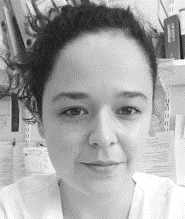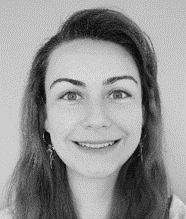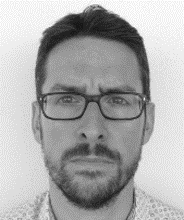Summary :
Introduction. Cognitive disorders can limit participation of people with neurological diseases in daily life activities, and more specifically when navigating in their outdoor environment. Augmented Reality (AR) tools seem promising for compensating these difficulties.
Aim. Our main objective was to detail and discuss the existing application fields of AR devices for people with neurological disorders.
Methods. We conducted our literature review between August and September 2021 using 2 databases: Medline and Scopus, with the following keywords: “augmented reality” AND: “neurological” (and synonyms: “neurology”, “neurologic”), “disorientation”, “mild cognitive”, “aid”, “cognition”.
Results. We selected and analysed 13 studies. The selected articles show a good acceptance of AR devices by the participants. Research focused on navigation tasks showed that most of the participants were able to complete the navigation task without any other assistance. The notion of cognitive load
which influences the user’s safety during the navigation task when using augmented reality, was often taken into account.
Conclusion. We defined a framework for the use of AR that can be applied in rehabilitation and to consider its future use in the person’s environment as a technological aid for spatial navigation. Further studies on the cognitive load in people with neurological pathology are necessary to compare the results obtained to ones on healthy participants.
Cet article est payant !
Je suis abonné, je m’identifie ci-dessous.
Je ne suis pas abonné, j’achète ici
Article rédigé par :
-

Manon Perrier
Ergothérapeute DE
Service de médecine physique
et de réadaptation – CHU de Rennes
2, rue Henri-le-Guilloux
35000 Rennes, France
manon.perrier@chu-rennes.fr
-

Léa Pillette
Docteur en informatique
École centrale de Nantes (AAU), France
& Inria (Univ. Rennes, IRISA, CNRS),
France
lea.pillette@ensc.fr
-

Jean-Marie Normand
Enseignant-chercheur
École centrale de Nantes (AAU), France
& Inria (Univ. Rennes, IRISA, CNRS)
France
jean-marie.normand@ec-nantes.fr
-

Anatole Lécuyer
Directeur de recherche Inria
Inria (Univ. Rennes, IRISA, CNRS), France
anatole.lecuyer@inria.fr
-

Guillaume Moreau
Enseignant-chercheur
IMT Atlantique (Lab-STICC), France
& Inria (IRISA, CNRS), France
guillaume.moreau@imt-atlantique.fr
-

Mélanie Cogné
Médecin MPR
Service de médecine physique
et de réadaptation – CHU de Rennes
& Inria (Univ. Rennes, IRISA, CNRS), France
melanie.cogne@chu-rennes.fr

